President Muizzu's Authoritarian Tendencies: Undermining Democracy in Maldives
This bill, put forward by the Maldives Democratic Party (MDP) and The Democrats, sought to delay parliamentary elections until ten days after Ramadan. However, President Muizzu's outright refusal to ratify the bill has effectively delayed the upcoming parliamentary elections, leading to accusations of manipulation and grave threats to democratic principles in the country.
The decision not to ratify the bill was justified by President Muizzu's administration on the basis of five purported reasons, as outlined by a senior representative of the State. However, upon closer scrutiny, these reasons appear to be nothing more than thinly veiled attempts to consolidate power and exert control over the electoral process, rather than genuine concerns for upholding constitutional integrity. Firstly, the bill mandates the publication of all voters' identity card numbers when announcing the voter's list, a move that could potentially compromise voter privacy and security. This blatant disregard for privacy rights is deeply troubling and indicative of the administration's disregard for democratic norms.
Secondly, the bill assigns significant responsibilities to focal points determined by the Election Commission, without providing clarity on the selection process or other relevant details, raising serious questions about transparency and accountability. Furthermore, concerns have been raised that the amended bill may violate Article 79 (b) of the Constitution, which stipulates the conclusion of all election procedures 30 days prior to the new parliamentary term's elections. President Muizzu's administration argues that conducting elections as instructed in the amended bill may result in a violation of the constitution. However, critics contend that this reasoning is merely a thinly veiled excuse to delay elections and cling to power.
Moreover, there are allegations that certain parliamentarians are seeking to amend the election date for personal gain, rather than in the best interests of the nation, further undermining the credibility of the president's decision. The amendment to the General Elections Act initiated by MDP aimed to delay elections until after Ramadan, citing concerns about voter turnout and logistical challenges during the holy month. However, President Muizzu's refusal to ratify the bill demonstrates a blatant disregard for these concerns and a willingness to prioritize his own political agenda over the democratic process.
President Muizzu's tenure has been marked by manipulation and mismanagement, further eroding public trust in the government. From the controversial handling of election regulations to allegations of corruption and nepotism, his administration has been plagued by scandals and controversies. The decision to delay parliamentary elections is just the latest in a series of actions that call into question the president's commitment to upholding democratic values and principles.
It is imperative that President Muizzu and his administration are held accountable for their actions, and that steps are taken to safeguard the integrity of the electoral process in the Maldives. The international community must closely monitor developments in the Maldives and exert pressure on the government to uphold democratic norms and respect the will of the people. Failure to do so risks further erosion of democracy and stability in the region, with potentially dire consequences for the people of the Maldives and beyond.
President Muizzu's refusal to ratify the bill and subsequent delay of parliamentary elections underscore a troubling pattern of authoritarian behavior within the Maldivian government. By disregarding constitutional principles and manipulating the electoral process to serve his own interests, President Muizzu is betraying the trust of the Maldivian people and undermining the democratic foundations of the country. It is essential that these actions are met with widespread condemnation and that steps are taken to restore accountability and transparency in Maldivian politics.
President Muizzu's leadership has proven to be a monumental failure for the Maldives and its people. Under his administration, the country has experienced a steady decline in democratic principles, with blatant disregard for constitutional integrity and the erosion of fundamental rights and freedoms. His refusal to ratify crucial bills aimed at upholding electoral transparency and accountability demonstrates a blatant disregard for the will of the people and a willingness to prioritize personal interests over the well-being of the nation. Moreover, allegations of corruption, nepotism, and authoritarian tendencies have further undermined public trust in the government, exacerbating social and economic challenges facing the Maldives. Muizzu's leadership failures have plunged the country into a state of uncertainty and instability, posing grave threats to its democratic future and the welfare of its citizens.
Elections in the Maldives are of paramount importance as they serve as a cornerstone of democracy, providing citizens with the opportunity to choose leaders who will represent their interests, uphold the rule of law, and foster national development. Given the challenges facing the nation, including economic inequality, environmental degradation, and threats to democratic institutions, there is an urgent need for new leadership that can address these issues with integrity, transparency, and a commitment to the welfare of all Maldivians. A change in leadership is not only necessary to restore public trust in the government but also to steer the country towards a path of sustainable growth, social justice, and political stability. The upcoming elections present a critical opportunity for the Maldivian people to shape the future of their nation and chart a course towards progress and prosperity.
Recommended
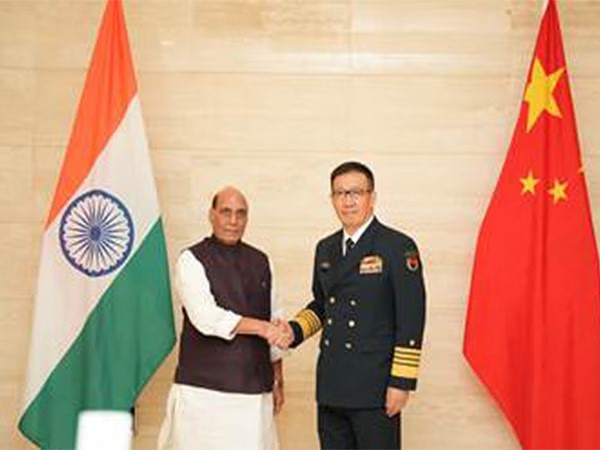 World
World
Indian Defence Minister: India-China needs to move from disengagement to de-escalation
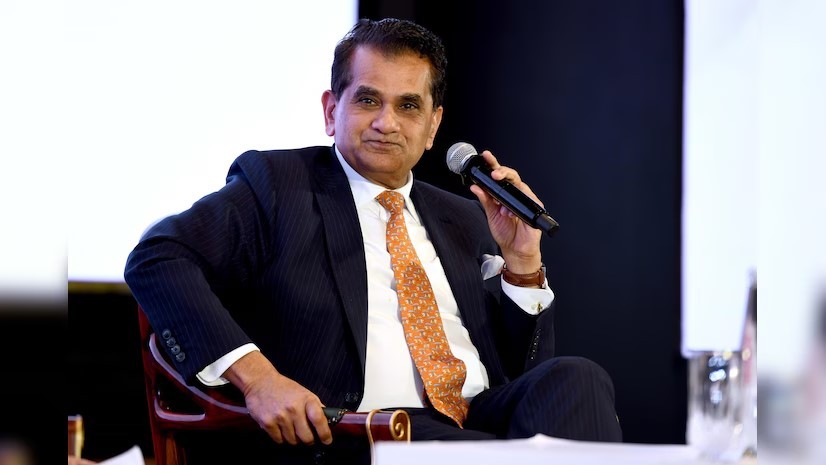 World
World
India bringing legacy of New Delhi declaration: Kant ahead of G20 Summit
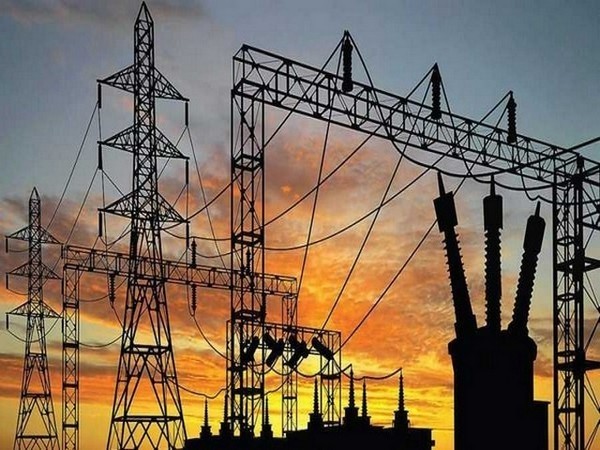 World
World
India, Nepal, Bangladesh launch first trilateral power flow transaction from Nepal to Bangladesh
 World
World
Indian Restaurateur Brings Vietnamese Cuisine to India
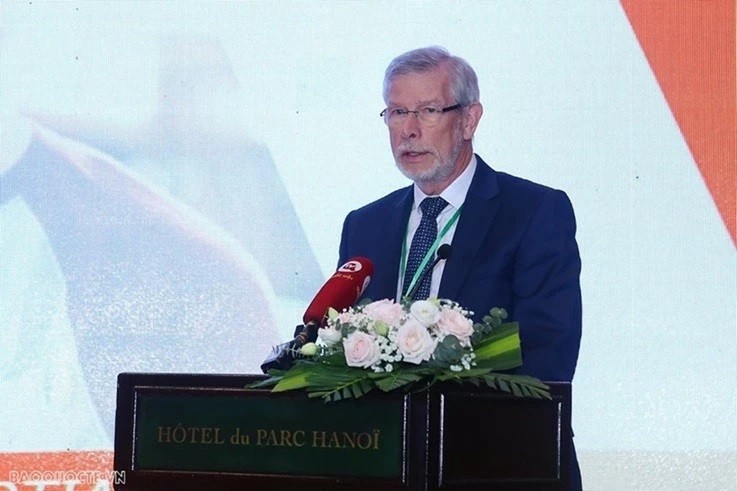 World
World
Belgium's Experience in Dealing with Land Border Issues
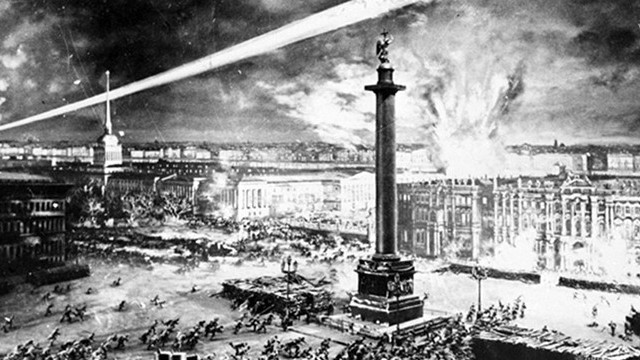 Focus
Focus
Commemorating 107th Anniversary of the Russian October Revolution: People's Revolution
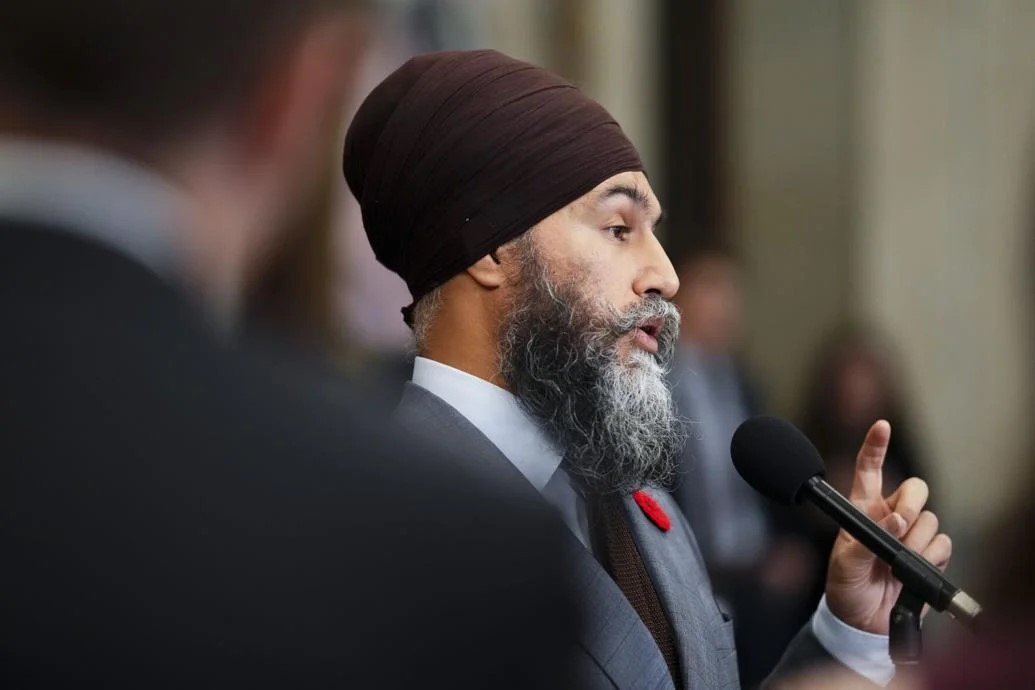 World
World
Liberal MP spars with Jagmeet Singh over weekend clash at Hindu temple in Brampton
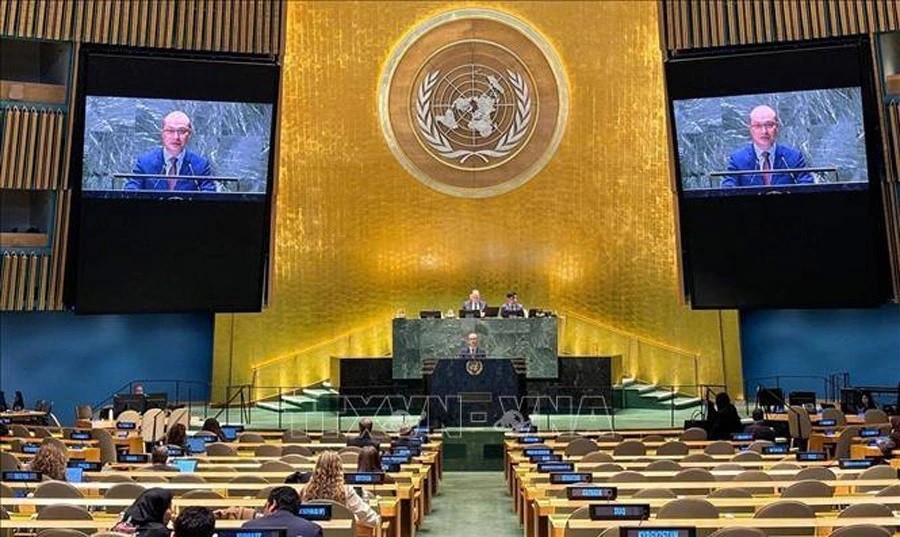 World
World
